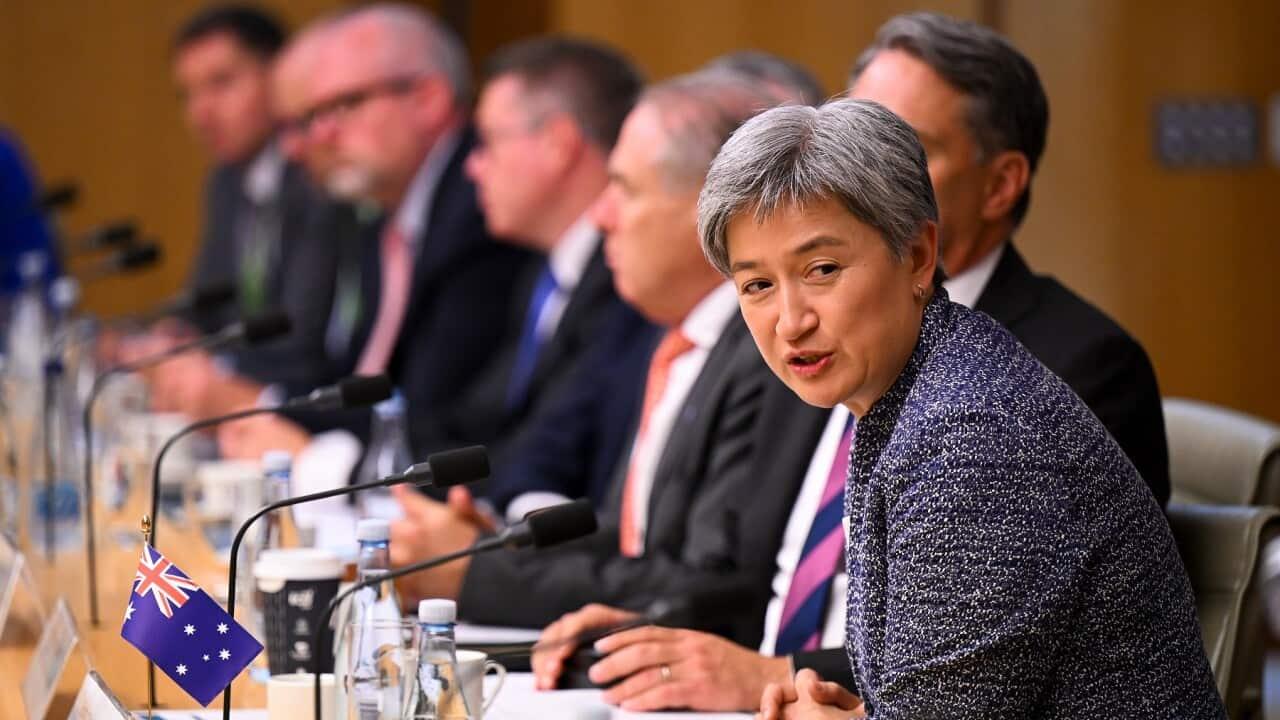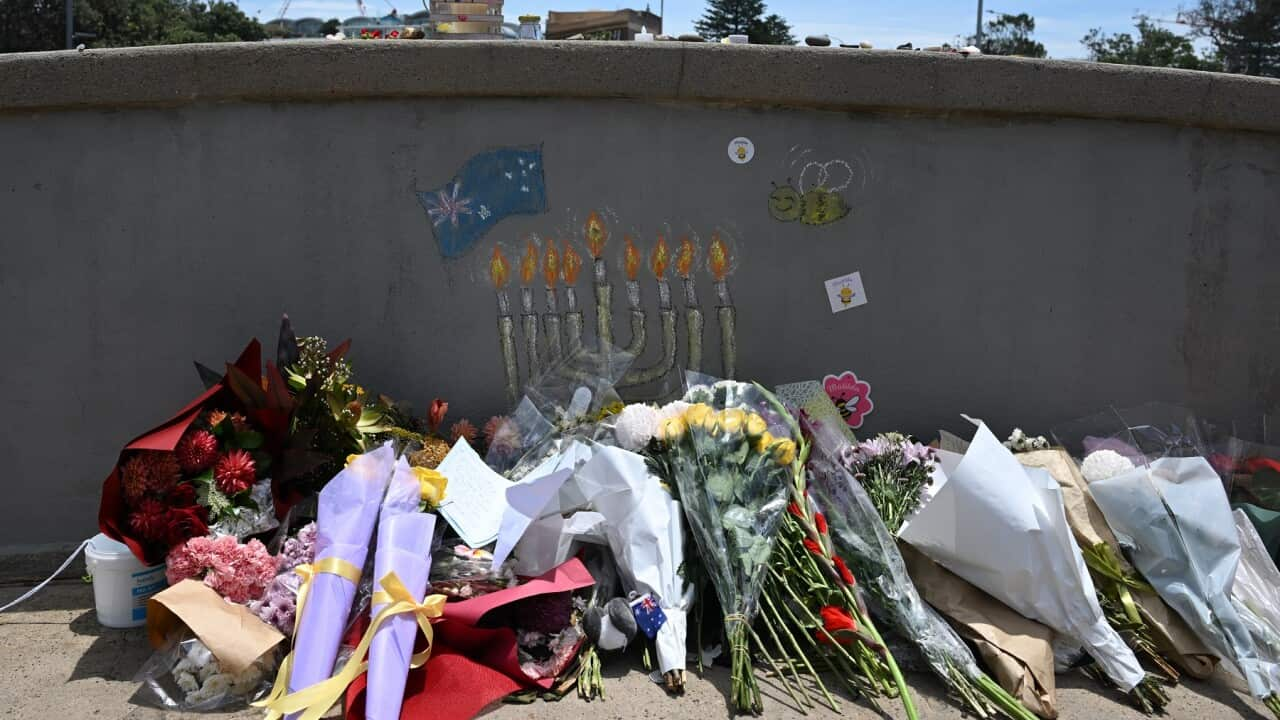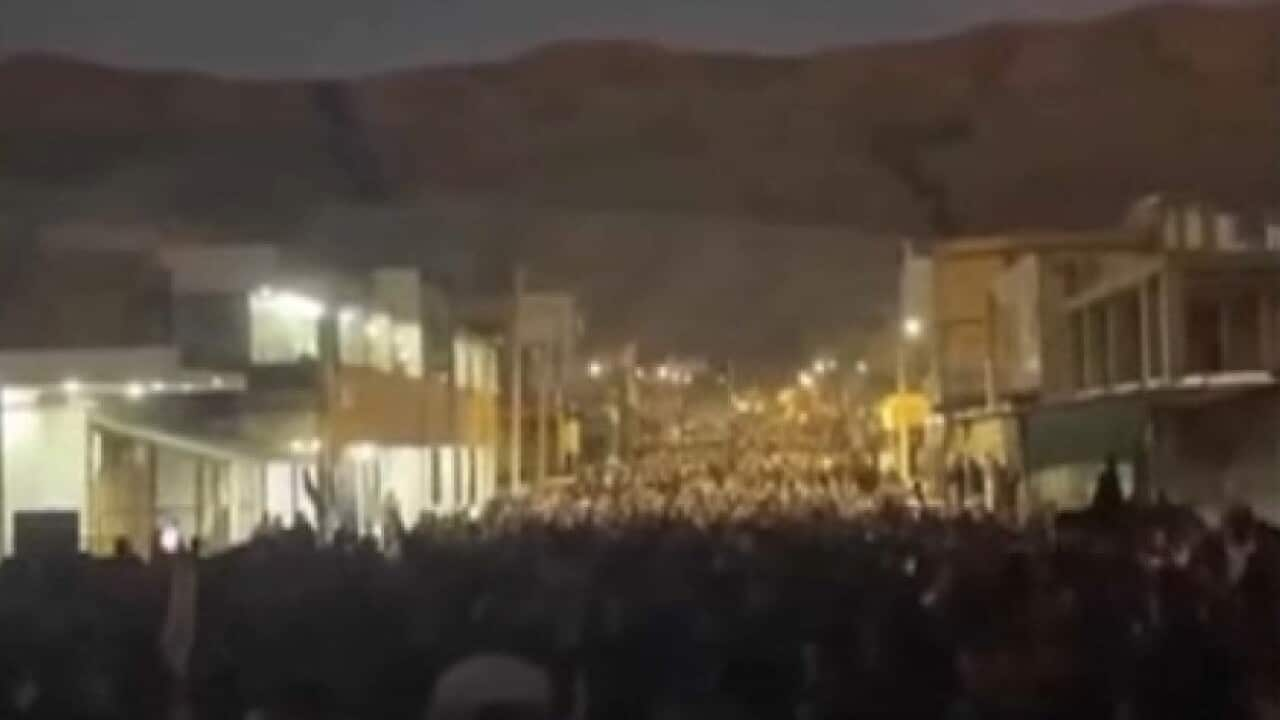TRANSCRIPT
The 31st Australia-Papua New Guinea Ministerial Forum has marked the first high-level meeting since the two countries formally signed a historic defence alliance, known as the 'puk puk' treaty.
Signed on October 6th, the term 'puk puk,' stems from the Tok Pisin for 'crocodile,' and is the unofficial name for the mutual defence pact.
The pact requires each country to respond to an armed attack on the other, along with enhanced defence cooperation.
Last month, the former commander of PNG's defence force, Jerry Singirok, criticised the treaty.
He told the ABC that the long term implications of the treaty might come at a high cost for PNG, claiming the two countries don't share the same enemy.
“It's common knowledge that Australia sees China as the potential threat. And I must say, from the outset, China is not Papau New Guinea's enemy, and that's why there's a lot of speculations about the Puk Puk treaty.”
However, this was not the message from Canberra on Monday.
The two countries focused instead on how the decades-long partnership has elevated the relationship to a new tier of strategic trust. Both sides emphasising the practical mechanics of military and economic integration.
During the forum, Both Canberra and Port Moresby offered different, yet complementary, visions of how to execute the new agreement.
Foreign minister Penny Wong says the agreement shows the trust between the two nations
“As Prime Minister Marape described it, he talked about this being one big fence securing two houses, and we bring that unprecedented level of strategic trust to every aspect of our relationship. So it is operationalising the alliance in the ways that the deputy prime minister the acting prime minister has described, but it is also bringing that level of strategic trust and closeness to development, to economic and infrastructure partnerships, to education partnerships, to the way in which we look at the NRL, to the way in which we look at telecommunications, all aspects of our relationship.”
Speaking to reporters in Canberra, Australia’s Acting Prime Minister and Minister for Defence, Richard Marles, made it clear that the focus is on "operationalising" the Alliance through tangible defence commitments.
Marles announced major commitments, including a $7.7 million investment in new training barracks in PNG, the supply of 3,500 rifles to the PNG Defence Force, and a new plan to train six PNG pilots each year.
This push for defence integration is encapsulated by the most striking proposal: the establishment of a taskforce for the recruitment of Papua New Guinean citizens directly into the Australian Defence Force, with a pathway for PNG permanent residents in Australia to join from January 1st next year.
This recruitment plan, which aims to eventually see up to 10,000 PNG citizens in the ADF, was addressed by PNG’s Deputy Prime Minister, John Rosso.
He cast the move not just as a military measure, but as a major economic and social win.
Senator Wong announced a major $150 million education and skills package and a $25 million humanitarian and disaster relief package, underscoring the Alliance’s civilian benefits.
PNG Foreign Minister Justin Tkatchenko reaffirmed this holistic approach, saying the forum would focus heavily on implementation across all sectors:
“And I think this ministerial forum now is about implementation. It's about not talking. It's about getting on with the job and making it happen. So we've talked a lot over many, many years, and now we will look forward to the implementation of many positive things coming forward for both our peoples the and I think this ministerial forum now is about implementation. It's about not talking, it's about getting on with the job and making it happen. So we've talked a lot over many, many years, and now we will look forward to the implementation of many positive things coming forward for both our peoples.”
As leaders argue over the details of implementation, the foundations of the partnership are being reinforced.
Australia’s commitment to supporting the PNG National Rugby League team, the ‘Chiefs,’ was highlighted by Minister Pat Conroy as vital to bolstering people-to-people connections.
“I welcome, on behalf of the Australian Government, the naming of the new PNG team as the 'chiefs'. I think it's a superb name, and the result of a great competition run by Prime Minister Marape, and I can't wait to see them getting on the field in 2028.”
So, where does the Alliance stand at the moment?
Canberra says military integration and new investment are starting immediately.
Port Moresby says sovereignty is respected, and the move brings economic opportunity.
Foreign Ministers say the goal is unprecedented strategic trust across all sectors.
So for now, the new Alliance grinds on between defence plans, development cheques, and the spirit of the game.













